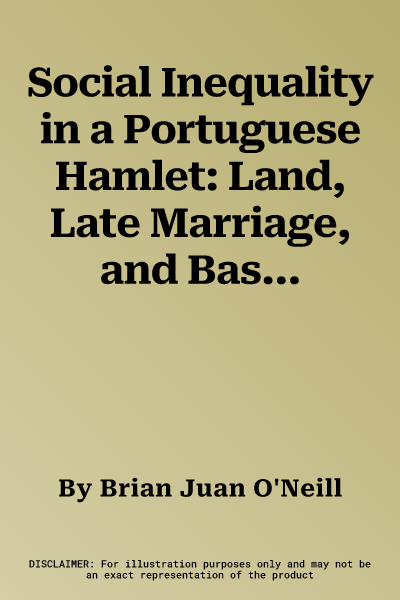Brian Juan O'Neill
(Author)Social Inequality in a Portuguese Hamlet: Land, Late Marriage, and Bastardy, 1870-1978Hardcover, 25 September 1987

Temporarily out of stock
Free Delivery
Cash on Delivery
15 Days
Free Returns
Secure Checkout

Part of Series
Cambridge Studies in Social and Cultural Anthropology
Part of Series
Antiquarian Horological Society Monograph
Print Length
452 pages
Language
English
Publisher
Cambridge University Press
Date Published
25 Sep 1987
ISBN-10
0521322847
ISBN-13
9780521322843
Description
Product Details
Author:
Book Format:
Hardcover
Date Published:
25 September 1987
Dimensions:
22.81 x
15.19 x
3 cm
ISBN-10:
0521322847
ISBN-13:
9780521322843
Language:
English
Location:
Cambridge
Pages:
452
Publisher:
Series:
Weight:
771.11 gm